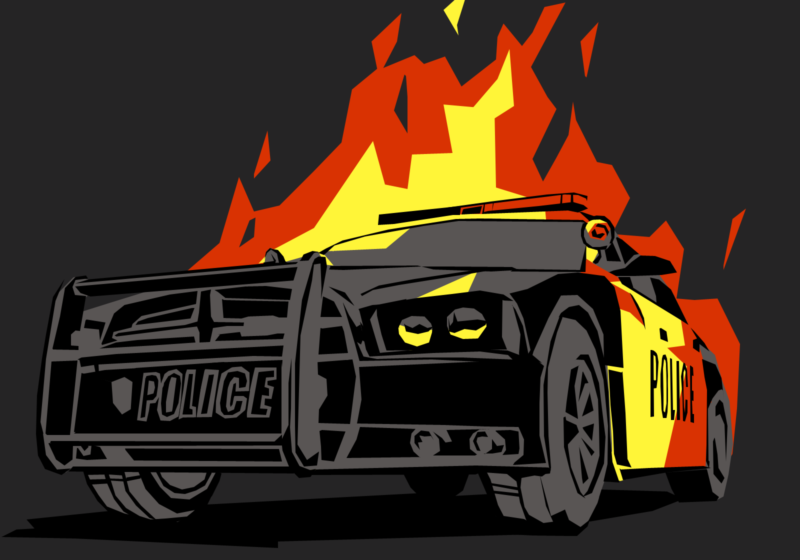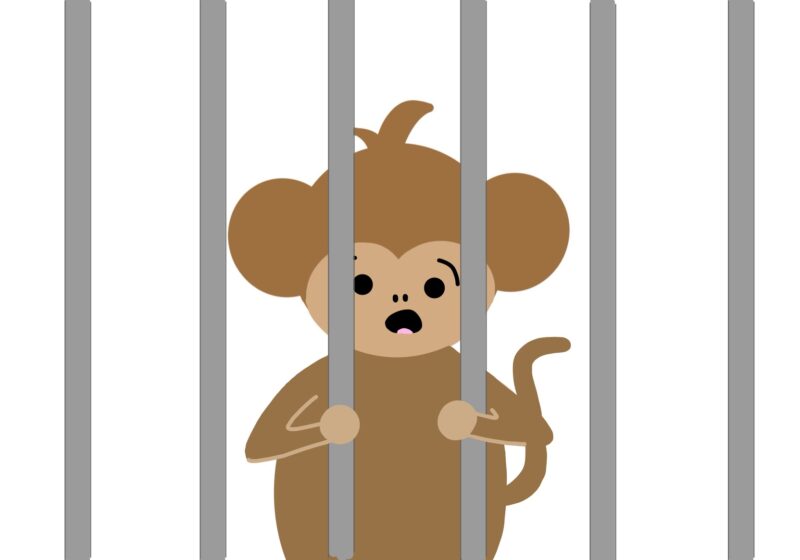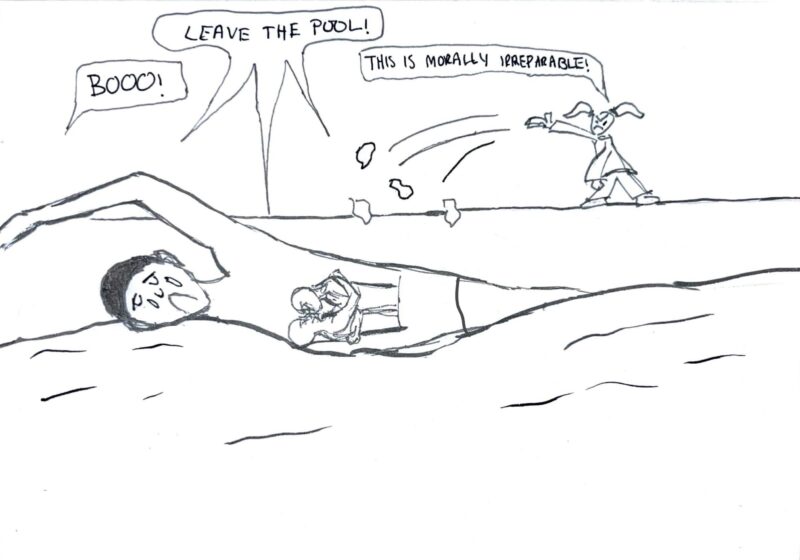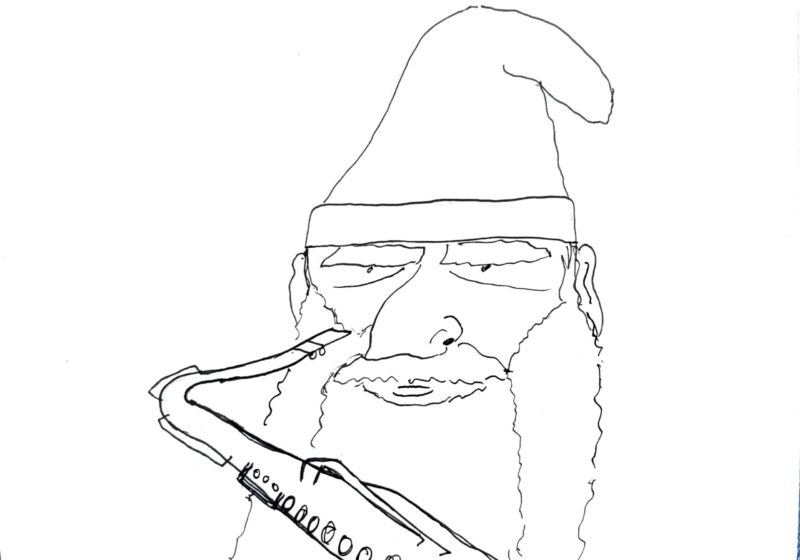“The bourgeoisie of the whole world, which looks complacently upon the wholesale massacre after the battle, is convulsed by horror at the destruction of brick and mortar.”
-Karl Marx
I don’t always agree with Karl Marx, but his understanding of how those in positions of privilege and power react to destruction of property versus loss of life is prescient. The entire world saw George Floyd murdered by police in Minneapolis on May 25, but it was not until demonstrators set the city’s 3rd Police Precinct on fire that his killer, Derek Chauvin, was arrested. The other three officers involved in his death have yet to face any charges.
It’s a distressing truth that this country’s power structure values physical property over the lives of innocent Black men and women. If it takes a few smashed windows to spur American lawmakers to comprehensive police reform, so be it.
This is especially true for the destruction of police property. If George Floyd’s murderers had faced swift justice for his killing, their precinct never would have burned — it simply makes sense that demonstrators would destroy police vehicles when cops use those very vehicles to attack peaceful protestors unprovoked. Increased militarization of the police is no way to deal with a protest against police brutality. If years of midnight vigils for victims of police violence and NFL players kneeling during the national anthem are met with indifference — or worse, derision — from the people who must be convinced that the time for change is now, perhaps the time really is now for direct action.
However.
Random looting, especially by white so-called allies, especially of independent, often minority-owned businesses, is not direct action. It’s not “protest gone too far,” but actively counterproductive and usually harmful to the communities protestors across the nation are trying to protect.
Black people desperate for justice destroying the weapons of police oppression is one thing, but opportunists taking advantage of the chaos to destroy the livelihoods of the same people threatened by police violence is another entirely. When I saw a video of a Black Rochesterian crying as looters — Black and white — ransacked his shoe store, my blood boiled.
What does that accomplish? This past Monday, widespread destruction in minority neighborhoods like Van Nuys in Los Angeles and Fordham in the Bronx only distracted from the stories that should have been told: the president’s latest turn to authoritarianism and a nation crying out for an end to police brutality.
No property is worth the value of human lives, and no great social change in American history has been achieved without obstructive demonstration, but that’s part of why the distinction between right and wrong forms of protest is so important. Police across the country are responding violently to peaceful protests, and pose an immediate threat to the lives of Black protestors. White rioters who antagonize cops — who hide behind Black demonstrators, shouting and and throwing things at police from the middle of a crowd, who incite violence against the police knowing they don’t have as much to fear as Black protestors — are putting the lives of the people this movement is meant to liberate at risk.
The Targets and the Walmarts will be just fine, but when white looters rob small minority-owned businesses — supposedly in the name of the Black Lives Matter movement — knowing police will likely target Black protestors in the mayhem, they prove how little Black lives really matter to them.
I don’t mean to establish some kind of false dichotomy between righteous protestors and dangerous looters. This situation is far more complicated than that, and as I’ve already expressed, direct action is crucial in the pursuit of real change. Riots got us the Civil Rights Acts of 1964 and 1968, the mandatory weekend in 1940, even independence after events like the Boston Tea Party. “Those who profess to favor freedom and yet depreciate agitation,” said Frederick Douglass, “are people who want crops without ploughing the ground, they want rain without thunder and lightning, they want the ocean without the roar of its many waters … Power concedes nothing without a demand. It never did and it never will.”
Riots, though, must have direction. Property can be replaced, but the lives of George Floyd and every other martyr to police violence cannot. Some destruction — like the burning of the 3rd Precinct — has historically proven necessary to achieve justice. But random violence achieves nothing, and when we destroy local businesses and harass journalists, we’re not demonstrating solidarity. We’re doing exactly what we’re criticizing cops for doing in the first place.
Keep fighting. Keep burning the weapons the oppressor uses to terrorize or kill you. Keep forcing those who would rather not think about your plight to hear you by any means necessary. But if that’s not what you’re out on the streets to do — if you’re just out to hijack the movement for personal gain — stay home and stop sabotaging the best chance this country has had for real police reform in decades.





